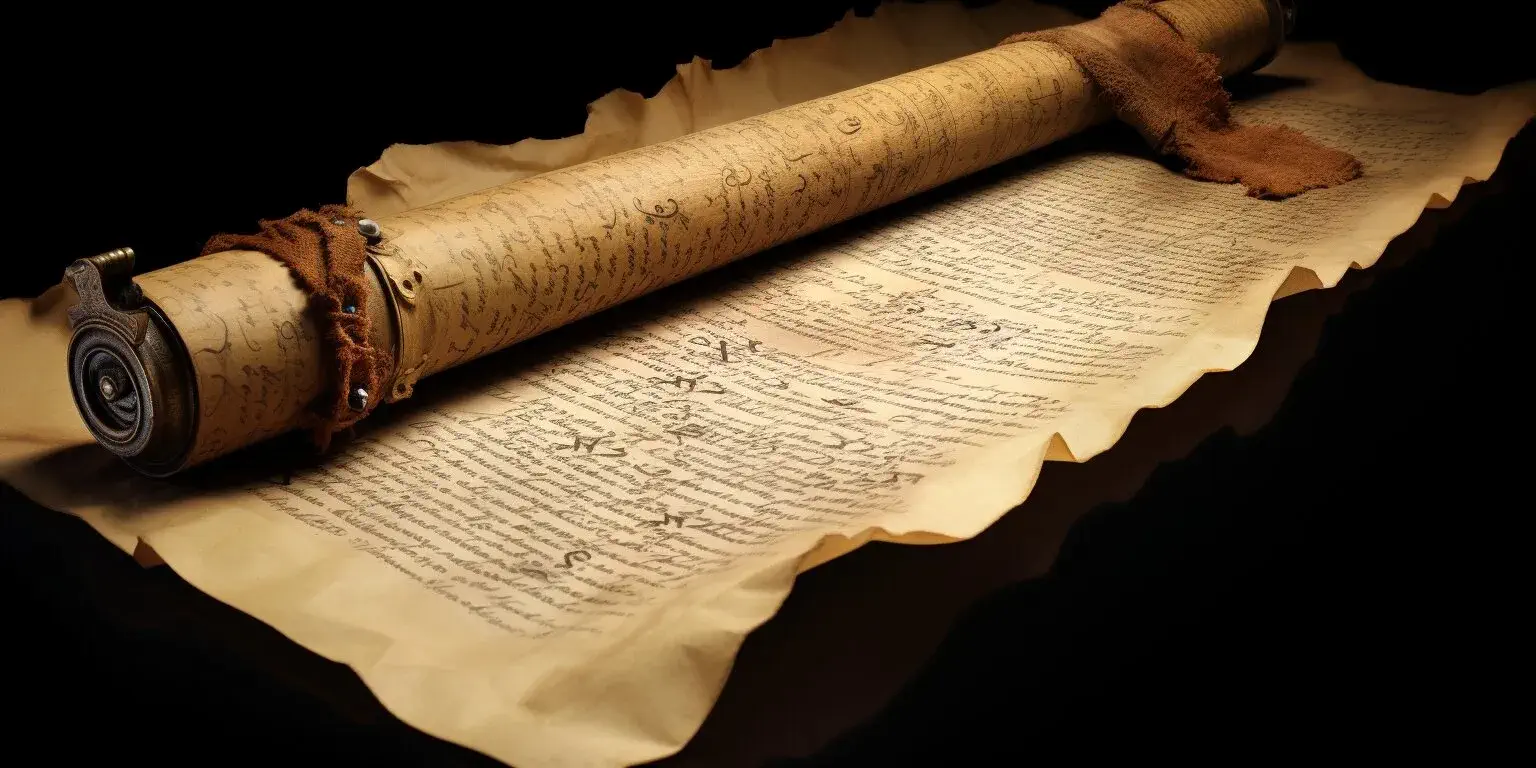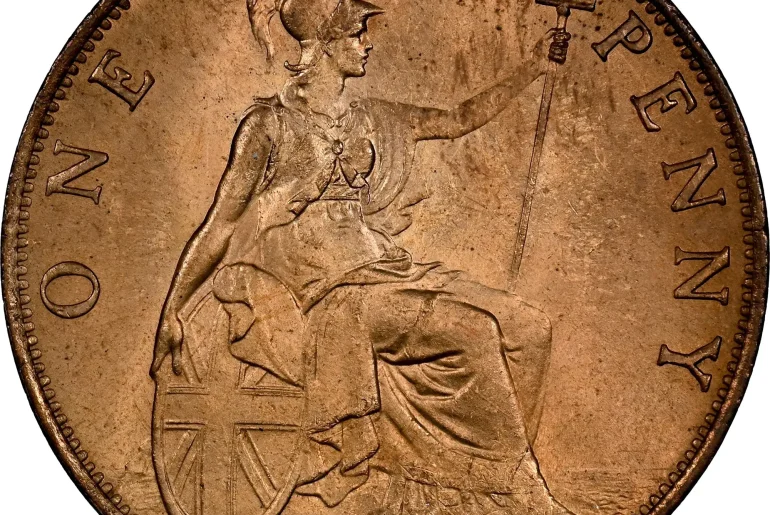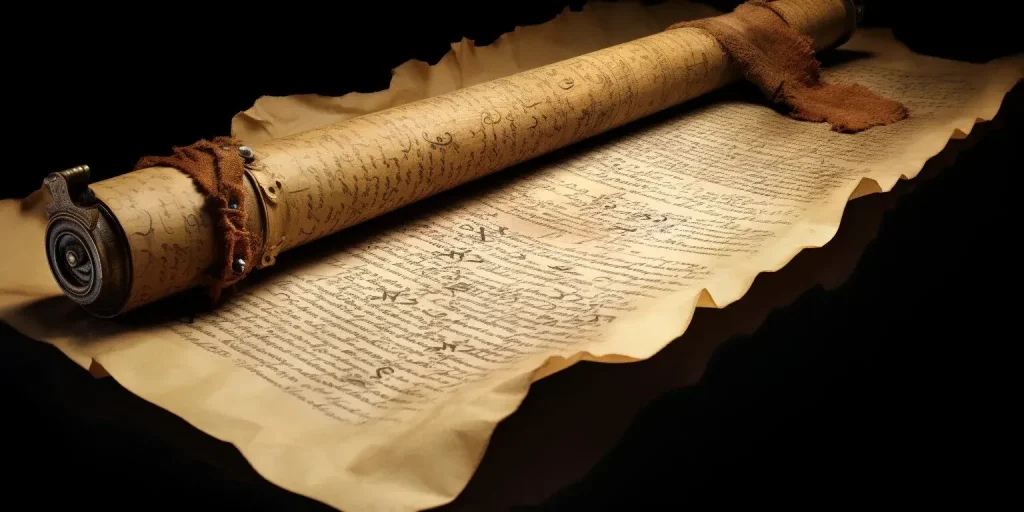
Introduction
In the heart of England’s rich legal and political heritage lies a historic document that has shaped democracies worldwide the Magna Carta. Signed over 800 years ago in 1215, the Magna Carta (“Great Charter”) is more than a medieval agreement between a king and his barons.
It is a foundational symbol of liberty, justice, and the rule of law. Its influence can still be felt in modern constitutions and legal systems around the world, including the United Kingdom, the United States, Australia, and beyond.
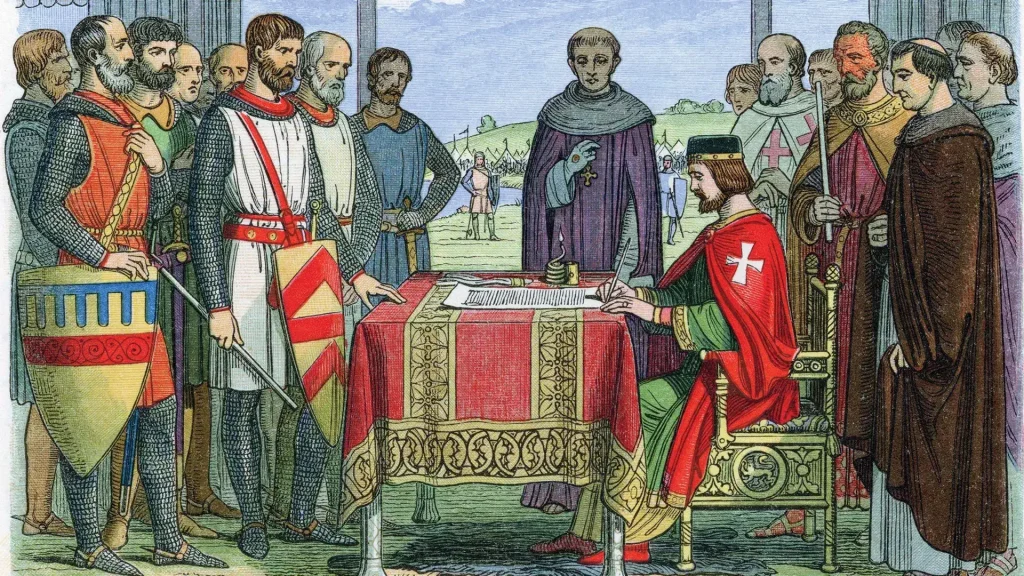
The Birth of the Magna Carta
Background: A Kingdom in Crisis
During the reign of King John of England (1199–1216), tensions were high. Heavy taxation, military failures in France, and the king’s arbitrary rule angered the English barons and the Church. The barons eventually rebelled, and in June 1215, at Runnymede, near the River Thames, they forced King John to seal the Magna Carta.
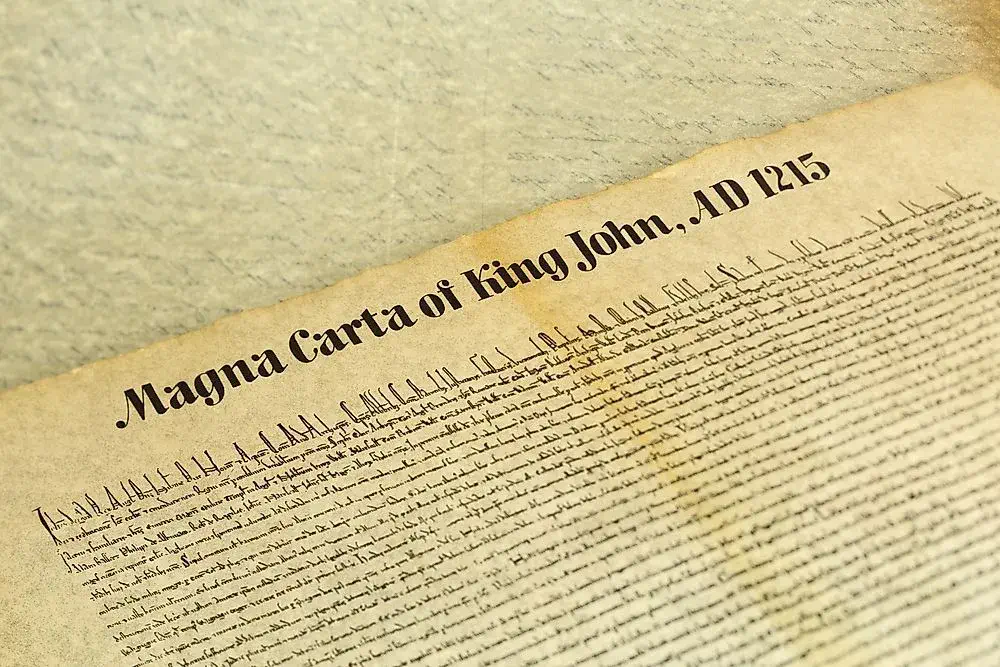
Key Provisions of the Magna Carta
The original Magna Carta contained 63 clauses, but only a few have endured through the centuries. Among the most influential were:
- Clause 39: “No free man shall be seized or imprisoned, or stripped of his rights or possessions… except by the lawful judgment of his equals or by the law of the land.”
This introduced the idea of due process a cornerstone of modern legal systems. - Clause 40: “To no one will we sell, to no one deny or delay right or justice.”
This established the principle that justice must be available to all. - Limitation of Royal Power: It challenged the divine right of kings by holding the monarch accountable to the law.
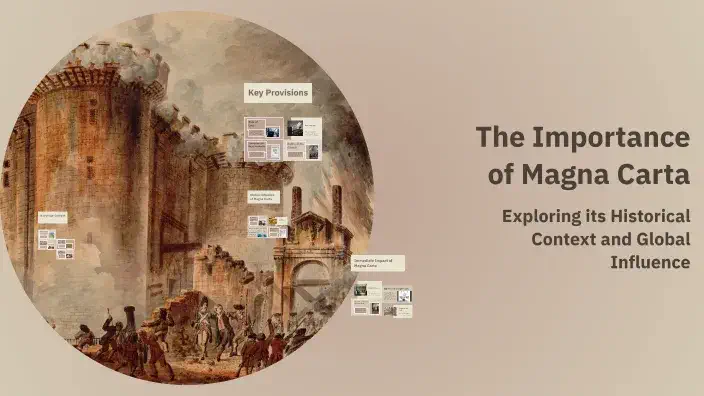
Why the Magna Carta Still Matters
1. Foundation of Constitutional Law
Magna Carta inspired documents such as the English Bill of Rights (1689), the U.S. Constitution (1787), and the Universal Declaration of Human Rights (1948).
2. Birth of Parliamentary Democracy
By limiting royal authority, it laid the groundwork for the development of Parliament and representative government in Britain.
3. Rule of Law and Human Rights
The idea that no one is above the law not even a king emerged directly from the Magna Carta. This principle now underpins modern legal systems across democracies.
4. Global Legacy
Countries influenced by English common law, such as the United States, Canada, Australia, India, and New Zealand, have echoed Magna Carta’s principles in their legal frameworks.

Modern-Day References
- The U.S. Supreme Court often refers to Magna Carta in landmark rulings.
- The European Court of Human Rights draws upon its values.
- In 2015, the 800th anniversary of the Magna Carta was celebrated worldwide, with leaders recognizing its enduring legacy.
Conclusion
The Magna Carta is not just a relic of medieval England it is a living symbol of freedom. Its principles of justice, equality, and accountability continue to inspire modern societies. As we face global challenges to democracy and human rights, remembering the lessons of the Magna Carta is more important than ever.

